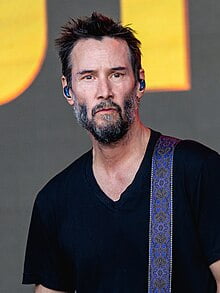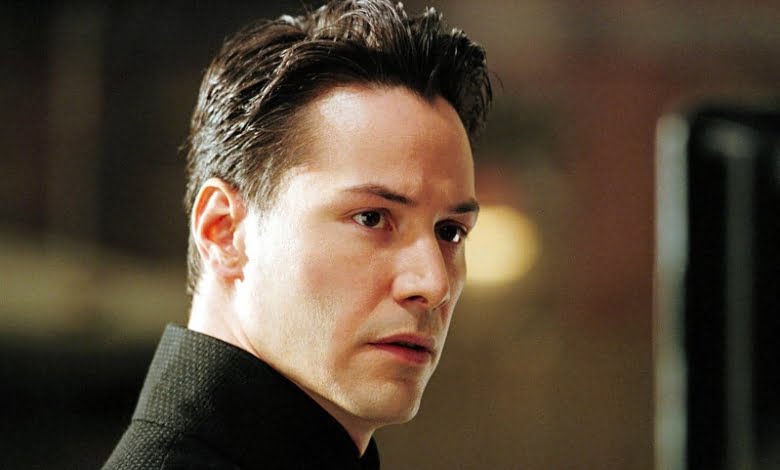Keanu Reeves, with striking performances in movies like “The Matrix” and “John Wick,” has been leaving audiences in awe not just by his acting skills but by the way he adopts a philosophical attitude toward life.
The Hollywood star once shared how he often thinks about dying, a thought deeply influencing personal and professional life in the actor. His introspective side explains well what he is made of and the reasons behind those choices.

A Reflective Disposition
Keanu Reeves has always been different in the realm of entertainment—not because of the roles chosen but because of his very reflective mindset. He has also been vocal in interviews, saying that he thinks about mortality every day and is aware of death.
For some, it might even sound morbid, but in the case of Reeves, it has been something intrinsic to his philosophical personality. His thoughts on death are not simply musings but reflect a set of personal experiences. He has faced some major losses, like the untimely death of his friend River Phoenix and the suffering of his sister from leukemia.
Experiences like these must have unmistakably left an imprint on his vision, who keeps pondering over how fragile life is, how we all have to ultimately succumb to death. Such thoughts on death help Reeve to keep his feet on the ground, to appreciate the present moment and be grateful for it.
Influence on Career Choices
Contemplation of death bleeds into his professional life through the movies he chooses and the projects he takes on. Playing characters who have to make existential decisions—like, you know, whether to kill oneself—Reeves brings a certain depth to these roles.
Whether it’s Neo in “The Matrix,” who questions the nature of reality, or John Wick, driven by loss and vengeance, these roles really speak very close to his personal reflections on life and death. That is, all of the roles he chooses are going to be ones really meditating on mortality and purpose.
It’s that internal dialogue his performances are imbued with that likely makes them so authentic. By picking out characters that can be made to reflect his philosophical preoccupations, he is not only able to engage audiences at the level of deep intra-subjective association, but also to find a channel for his musings about mortality into his art.

Personal Philosophy and Everyday Life
The awareness of death has radical impacts on Keanu Reeves’ personal philosophy and daily life. He is observed humble, kind and down-to-earth- qualities that manifestly have been attributed to his thoughts about mortality. Knowing how transitory life is, he seems to be living in thankfulness and urgency, enjoying the little things in life and building meaningful relationships. Reeves’ acts of philanthropy also support his philosophical stance.
He has donated millions from his earnings toward cancer research and children’s hospitals because he wants to make a difference. His actions suggest a man who, acutely aware of life’s brevity, wishes to use his influence and wealth for the betterment of all. So far, this has endeared him to fans as an example of using fame to effect fan-driven change in philanthropy.
Resonating with Audiences
In his reflections on mortality, Keanu Reeves finds something that deeply resonates with audiences he has spent years building—many of whom appreciate his openness and honesty. Refreshing in a celebrity world of invincibility is that Reeves comes across as vulnerable and willing to talk about a topic so universal yet often taboo.
His musings on life and death provide comfort and insight, reminding fans that even those who seem larger than life grapple with the same existential questions.Reeves’ approach to discussing death is neither morose nor depressive; instead, it is presented with a sense of acceptance and peace.
This balanced perspective encourages others to reflect on their own lives and find meaning in their experiences. Articulation of such thoughts in a manner one could relate to de-mystifies death, hence making it less intimidating and part of the human experience.

Keanu Reeves’s frequent thinking about death reveals a deep insight into the mind of one of the most enigmatic stars in Hollywood. His reflections deepen not only his personal and professional choices but also his audiences across the globe.
By sharing so openly his thoughts on mortality, Reeves offers something unique: an interlacing of philosophical inquiry and practical wisdom. His ruminations on life and death, through an extended discussion of his works and character, have been a helpful reminder that everyone should live with authenticity and appreciation.
